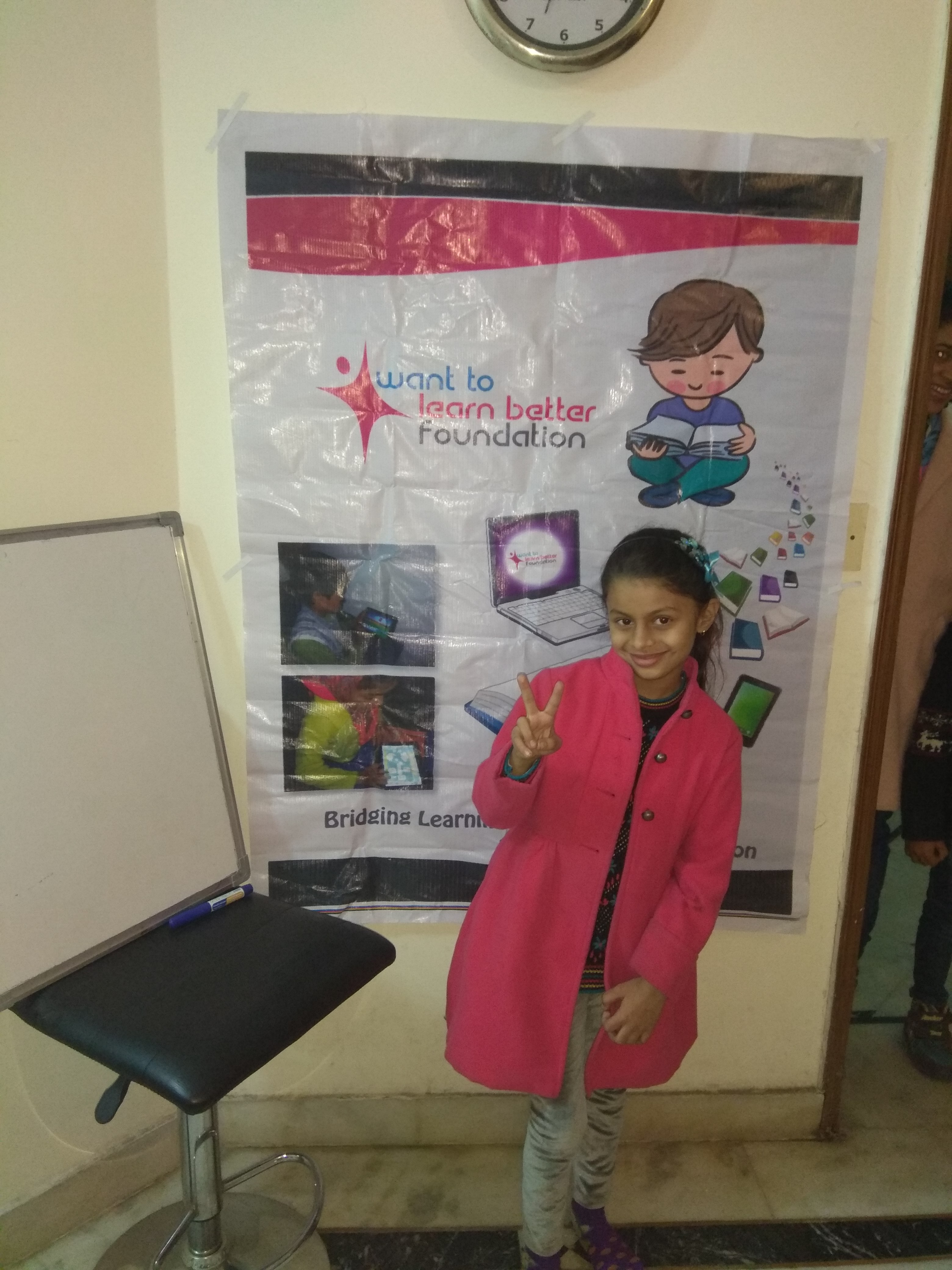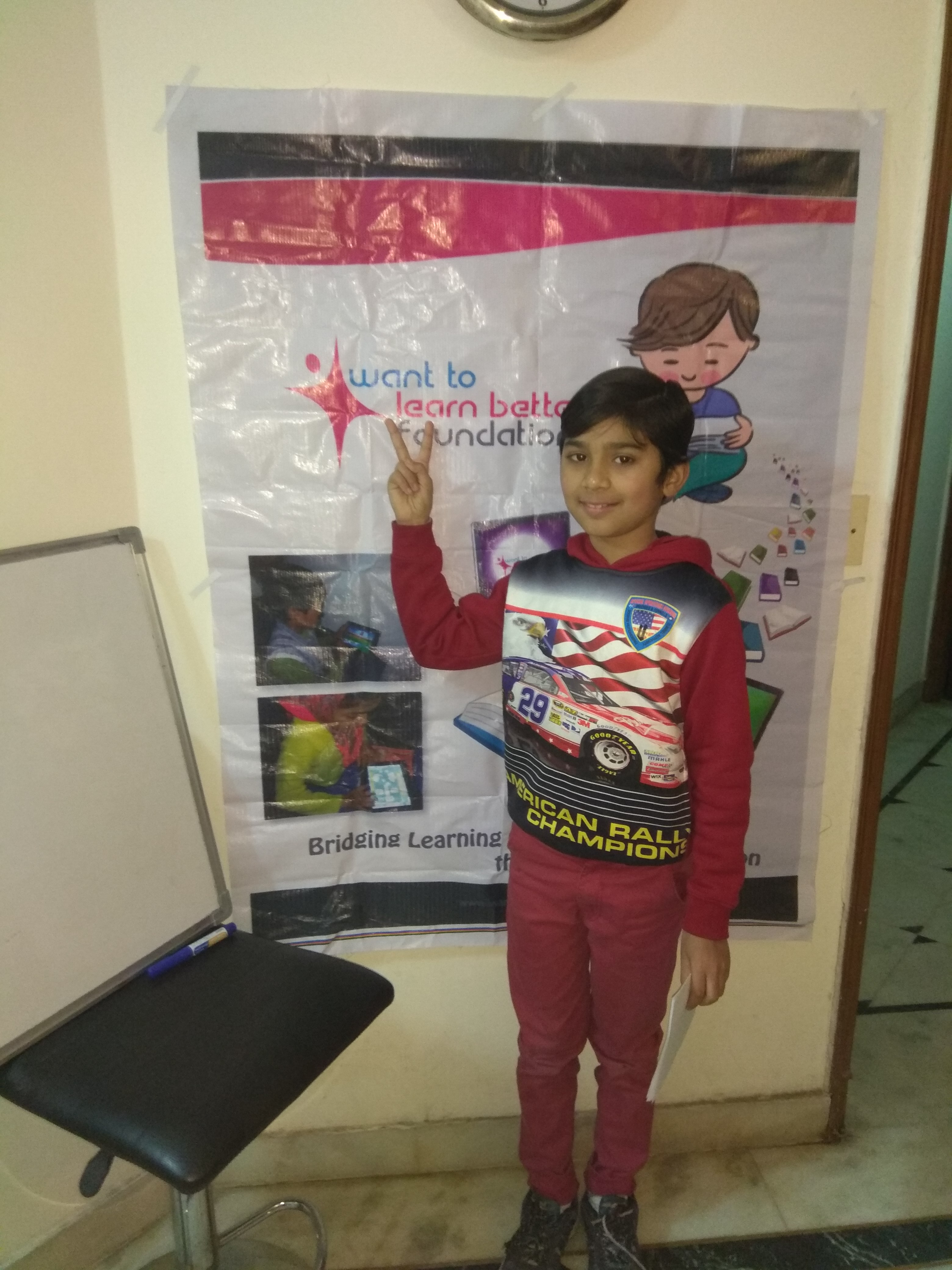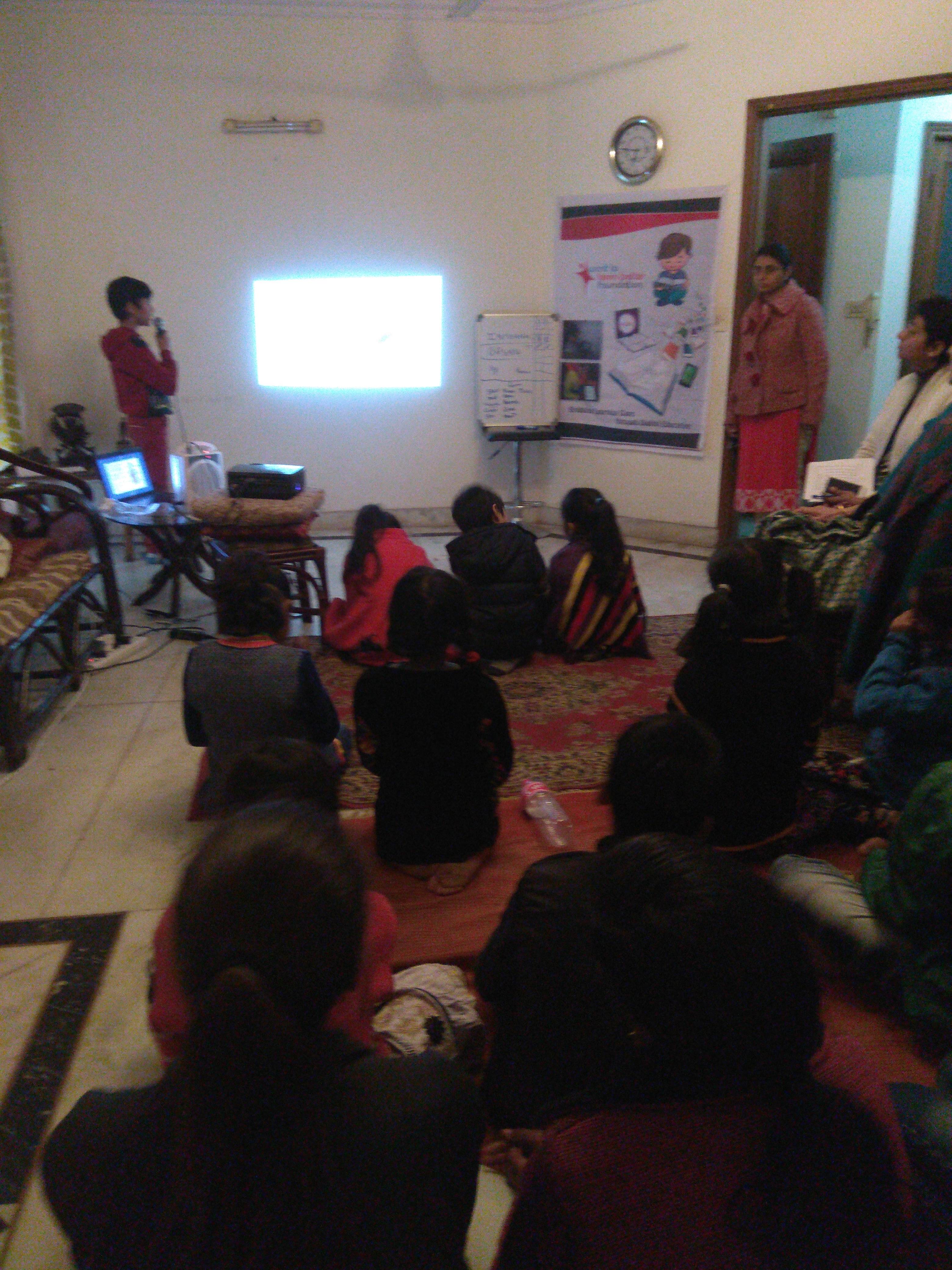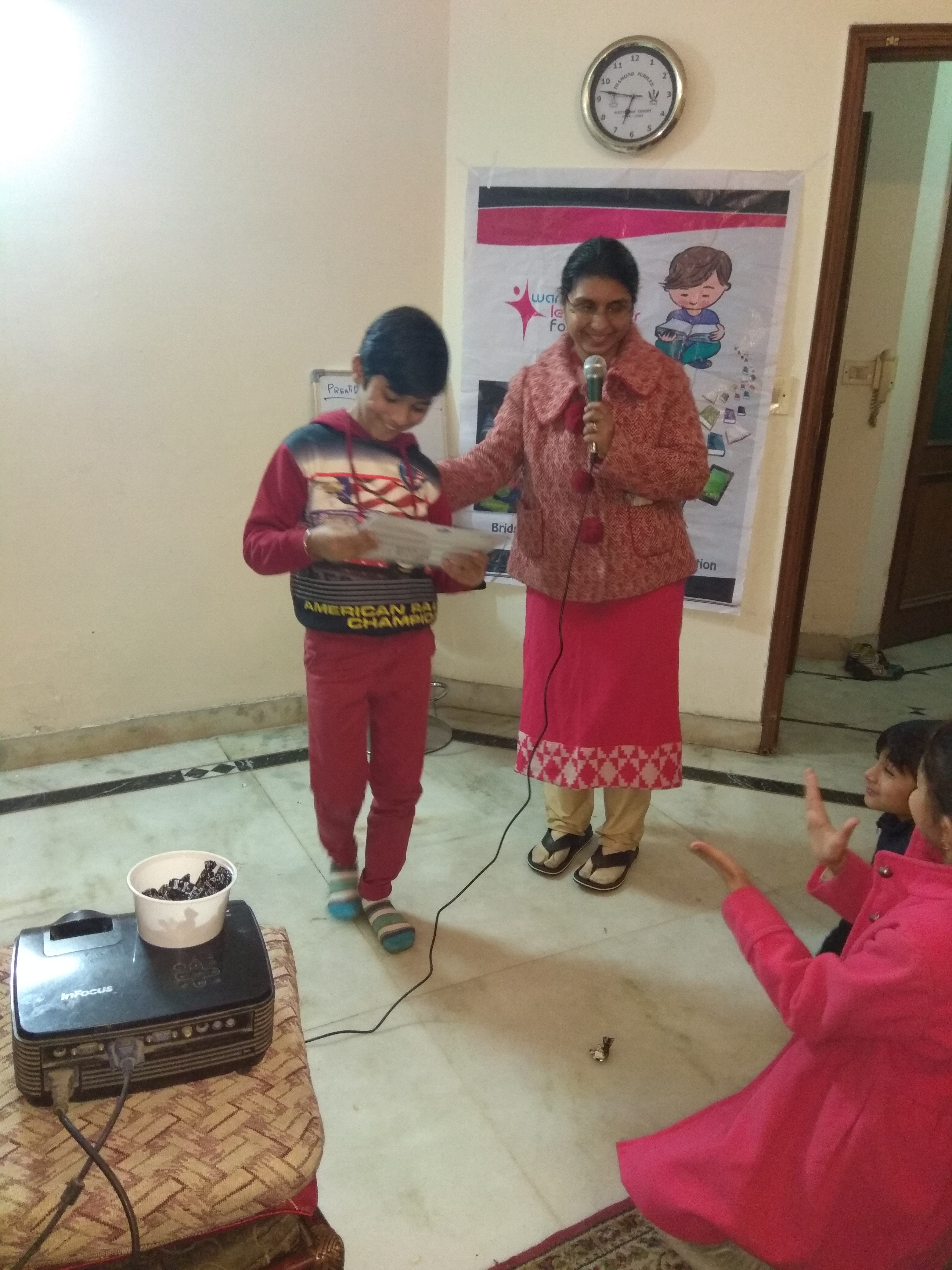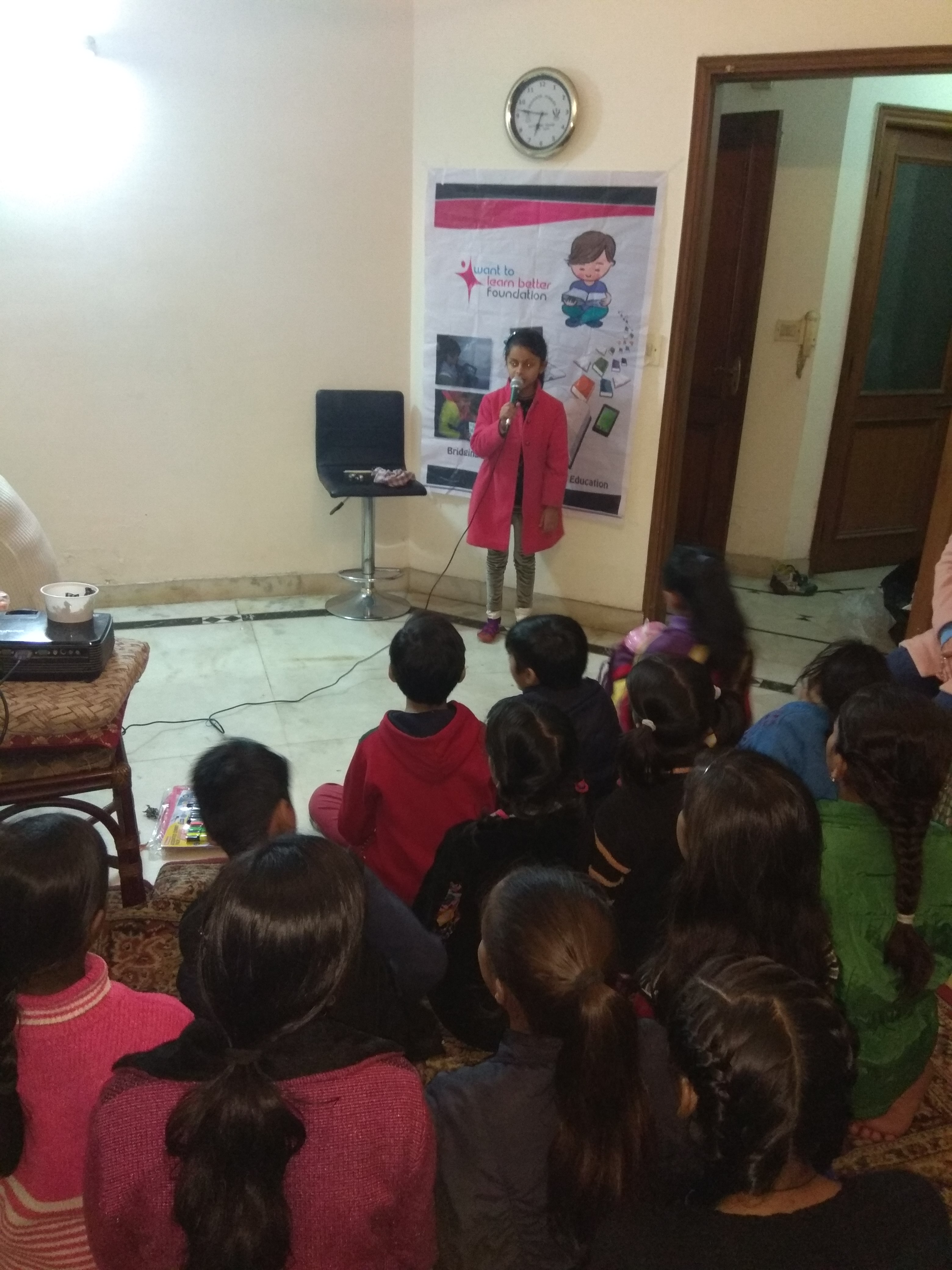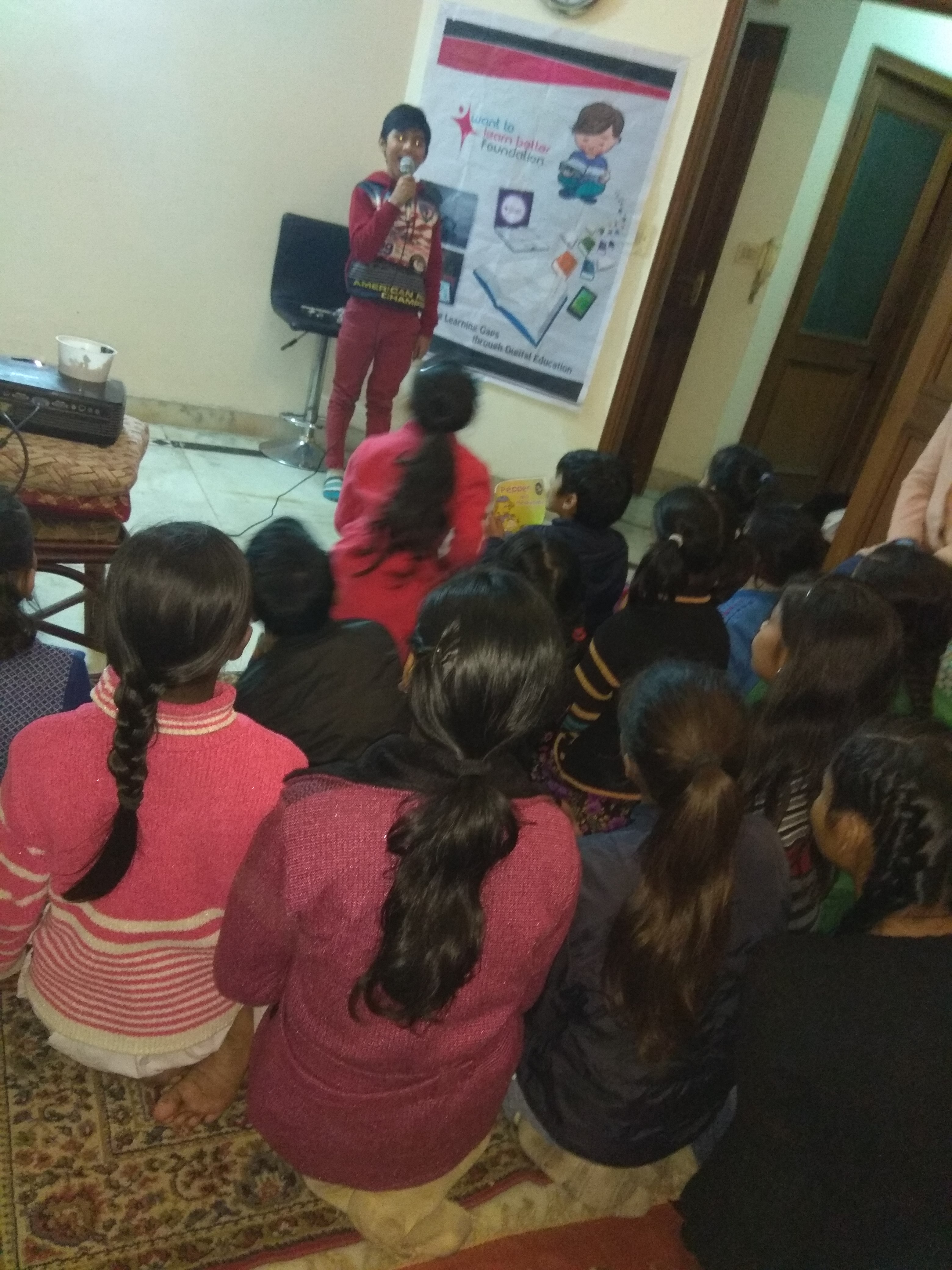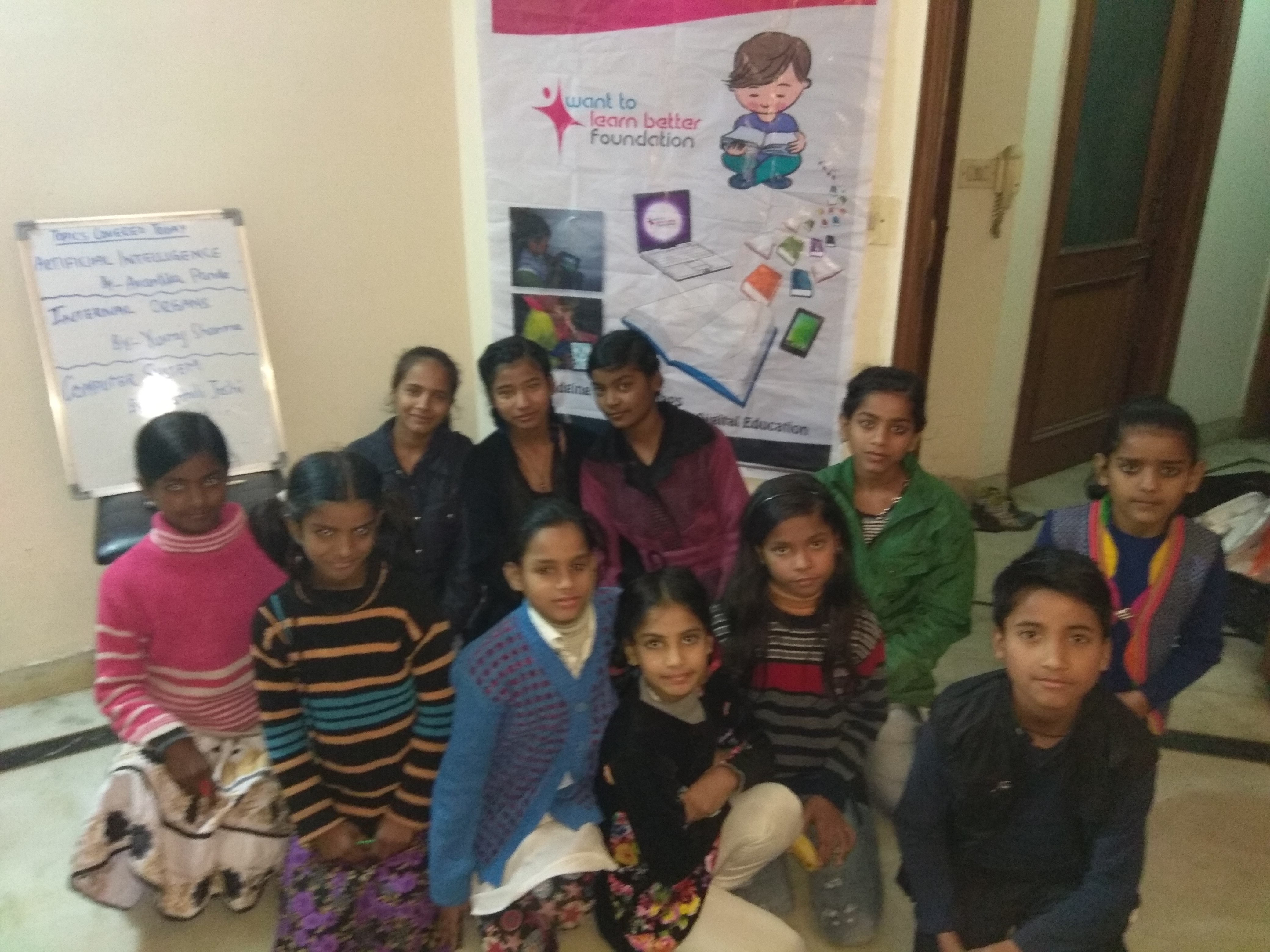
Philanthropy, Volunteering, and Social Entrepreneurship
Program Name: SEPC
About: Social entrepreneurship program for children is a one year certification program, helps children practise Philanthropy and Social Entrepreneurship.
Purpose: The Certification Program aims to develop in children an entrepreneurial approach to social issues they are passionate about and learn sharing with those who are underserved and less fortunate.
Target Audience: 6-14 years children, who have often spent a long time on the receiving end of services and welfare for those who are needy and underprivileged.
Duration: 1 year (After successful completion of 1 year the child gets the certificate)
Execution: Providing a learning environment that fosters a lifelong practice of action learning, leadership, self-awareness and self-responsibility, along with practising Philanthropy.
Approach: We acknowledge there are a number of models of social investment, however the approach this program takes is to focus on two areas: Engaged Philanthropy and Social Entrepreneurship. We believe these two models provide the most powerful vehicle to achieve systemic social change.
Project Highlights:
1. Launch / Introducing SEPC Event
2. 3 Workshops in a year
3. 4 Projects in a year
4. 4 Online session with NGO kids
5. Submission / Wind up Day
SEPC Inauguration Day This day is specially designed and dedicated for children, so that they will get engaged in building relationship with NGO Children. Simplest and the most valuable thing you can give to these children is time. Rather than brushing them off to make your way to the next tourist site, spend some time to ask them their names, what they like to do, or their favourite games.
We believe “Generosity doesn’t have to mean giving away things. Sharing a bit of yourself, opening a window into your own world, is a good place to begin.” Not only will it be healthier but it will also let the NGO children feel more secure knowing that you are interested in his or her world and respect it.
Workshop 1: “ARTIFICIAL INTELLIGENCE”: Artificial intelligence develops an ability to learn and make intelligent decisions which can help perform smartly and instinctively on getting any information and processes them accurately at an amazing speed. It builds a memory or a space where experiences or information can be stored, a method of applying these experiences to new ones, comparing experiences to come to logical conclusions. Artificial Intelligence workshop includes reasoning, knowledge, planning, numerical learning, logical literacy, creative thinking, perception and the ability to move and manipulate things smartly.
Artificial intelligence develops an ability to learn and make intelligent decisions which can help perform smartly and instinctively on getting any information and processes them accurately at an amazing speed. It builds a memory or a space where experiences or information can be stored, a method of applying these experiences to new ones, comparing experiences to come to logical conclusions. Artificial Intelligence workshop includes reasoning, knowledge, planning, numerical learning, logical literacy, creative thinking, perception and the ability to move and manipulate things smartly.
Workshop 2: “COMPUTATIONAL AND PROBLEM SOLVING SKILLS”: includes supporting and boosting working memory skills of children. Computational as well as Arithmetic skills will be enhanced, by training brains of children, using multimodal approach. Also, children will gain the conceptual knowledge. Problem solving skills are also necessary to solve children's own problems, which eventually will assist children solve their own problems, big or small and build self composure, as well as self esteem and immense of self confidence. Also, problem solving skills will help them develop a dynamic personality and smart mind.
Your child will be engaged in taking the technology related educational session of NGO children. They will be sharing their knowledge and learning regarding the usage of Technology for educational purpose and so practising the “Leapfrogging Learning Levels of underserved” by serving their knowledge related services. This will further make an environment wherein children can “Bridge the Urban-Rural Digital Educational Gap”.
Workshop 3: “SCIENTIFIC KNACK”: Children who have a basic understanding of science are more receptive to new technologies and ideas in the future that can stimulate research, development and businesses. Science teaches children to make observations, collect information and to use logical thinking to draw a conclusion. These skills are important for every part of our lives.
Science education provides children an understanding of how things work, which will help them to safe, healthy environments for future generations. Children are naturally curious. Science education increases that curiosity and provides children with valuable ideas, skills, and potential future career choices.
We will be making learning science fun by showing children how science relates to their daily activities. Giving children plenty of time to explore the world and ask questions to encourage their curiosity. Observing children to see what they are most interested in and expand on this by providing them more opportunities and projects to learn.
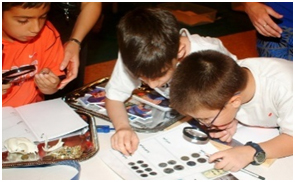
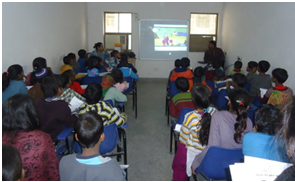
Project 1: “COMMUNITY PROGRAM”:
- Children will be engaged with any one community participative project which they have to submit in a given respective time. This aims to provide a diverse and real knowledge about our communities and underprivileged people. This will help children understand emphasis of our treatment to meet the treatment needs of the communities, while utilizing a balanced, cognitive behavioural approach for sustainable development.
In project, Child will be asked to communicate with any slum community person; could be Tailor, Cobbler, Barber, Vegetable Vendor or any 7 people and gather the information through survey forms.
Project 2: “ORGANIZATIONAL / ONSITE VISIT”
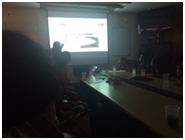
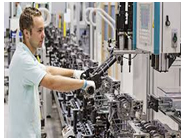
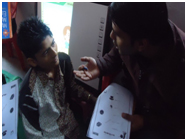
- Active Participation in Organizational visits (industry/school/community organization). Minimum 1 organizational visit is a must to attend. They will be usually on Saturday/Sunday/Holidays so that children can give sufficient time easily.
Project 3: “COOKING HAPPINESS”
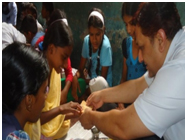
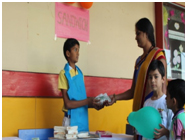
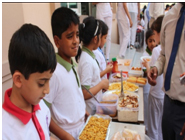
- Child will be happily learn cooking Fire free dishes and put small food stalls the same day for parents and Guardians. The best part of this activity is that children will be sharing their earnings with their NGO Friends and Partners.
Project 4: “EVENT MANAGEMENT”
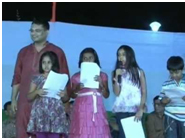
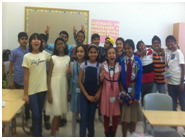
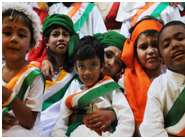
- Child will be engaged in organising an event in a team.
- Activities including; Hosting, Experience sharing, Work Presentation, Case study, Talks and Speech from children.
Honing Inner Talent
- Active Participation in organizing events of the Foundation (based on children skills and talents). Managing, Speaking opportunities, Creative Writing, Art,Talent showcase.
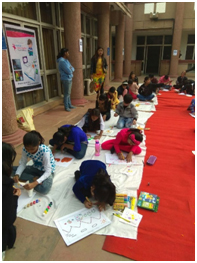
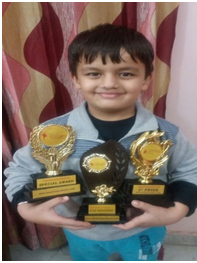
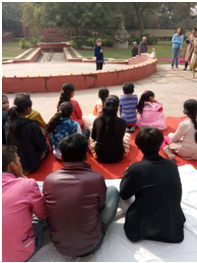
Outcome of the Program: Children grow and learn in a collaborative and environment. The group projects foster peer to peer learning and enhances leadership skills.
Also,
1. Increased and active participation of children in different activities related to knowledge-sharing, friendship, encouraging a spirit of sharing and cultural exchange.
2. Children realize the importance and value of what they have and by engaging children in meaningful opportunities to learn, grow, develop leadership and harness their giving power.
3. Forging stronger relationships between the children irrespective of their socio-economic backgrounds
The program believes that by exposing children to philanthropy and social enterprise it is possible to create a positive context for an entire generation of young Indians giving them the opportunity to take up responsibilities, learn leadership skills and ultimately make a difference in this world.

